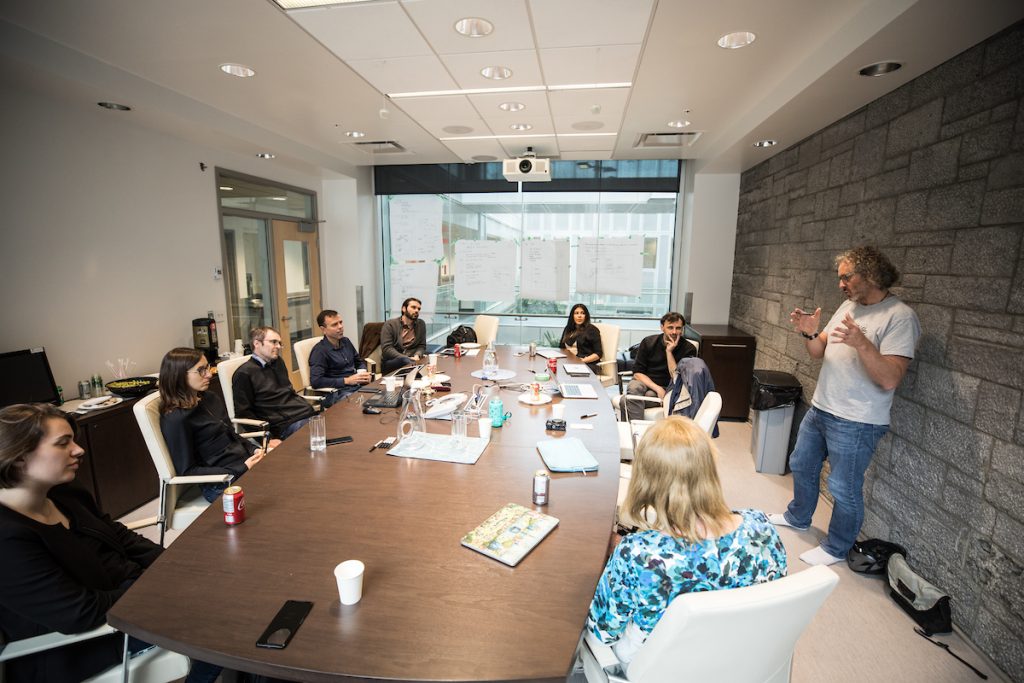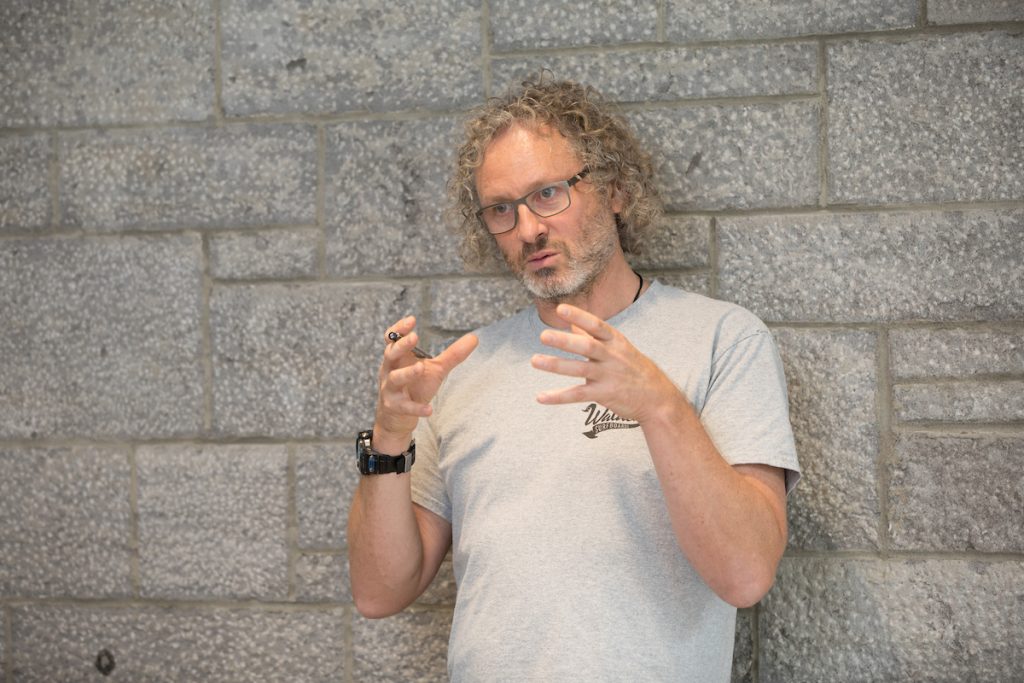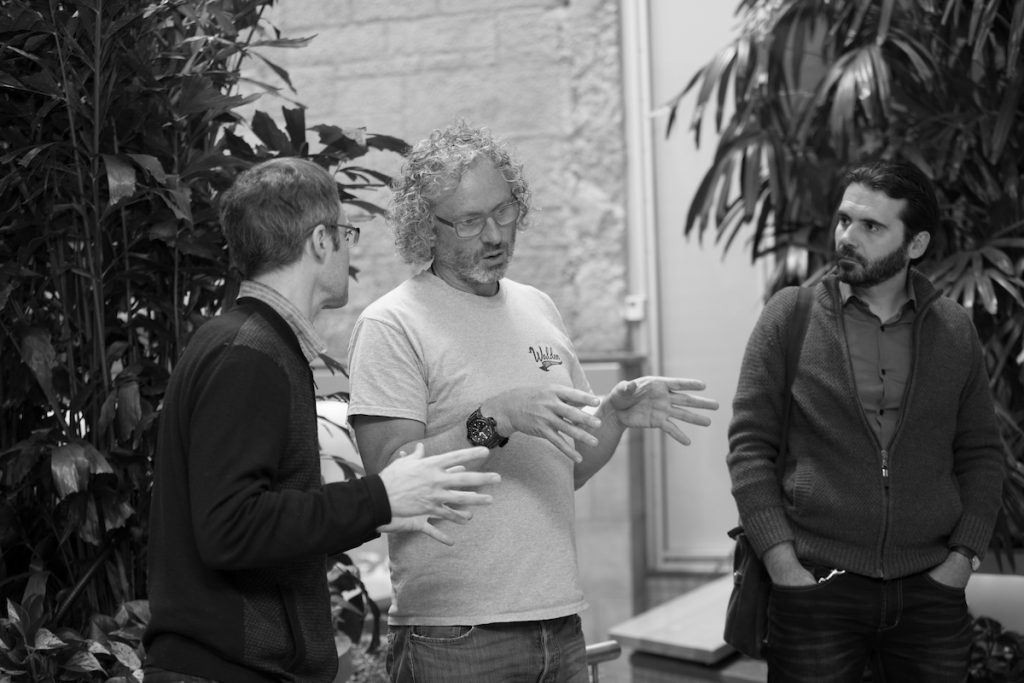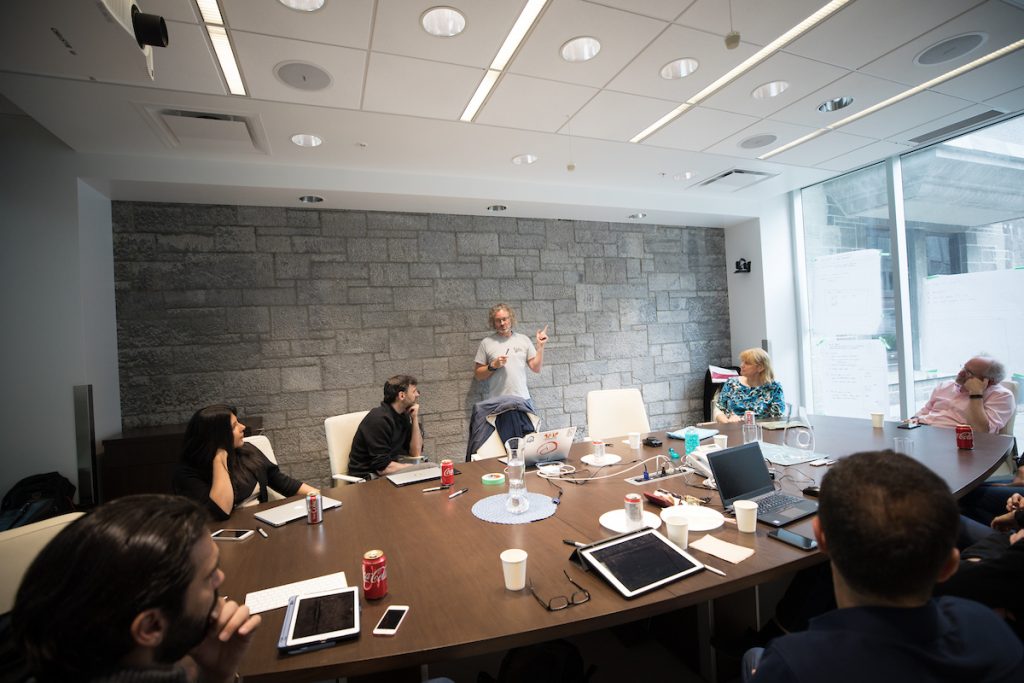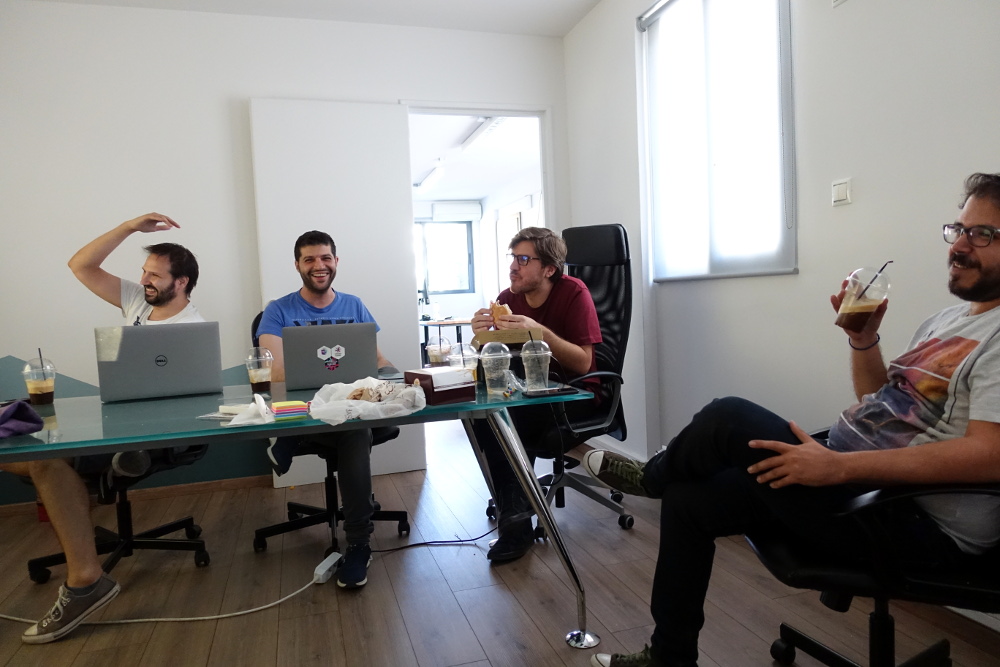(updated June 4 – the sale confirmed a few mins ago – https://www.theverge.com/2018/6/4/17422788/microsoft-github-acquisition-official-deal)
For many years I have been trying to warn people against using GitHub. I haven’t made a big deal about it, but the basic argument is that if you are an open source project and you understand all of the downsides of closed source, then why are you storing all your code in a service that is closed source?
The blind spot towards github is so extreme amongst many open source practioners that many hadn’t even considered the issue.
Here is a case in point. I have written on this issue several times, most recently:
Another Good Reason not to use Github
and prior to that, this rather silly short post:
Why Github is Bad for Open Source
Which appealed to the vegetarian side of me…but check out these responses on well known geek hangout reddit to the short silly post :
Why Github is Bad for ‘Open Source’ [sic] from linuxmasterrace
The last post summing it all up:
GitHub is better for open-source than many most other sites, however.
…sigh….
And now…of course…acquisition news….and when I saw it I thought it must be a an April fools joke because it is just too horribly poetic:
https://www.bloomberg.com/news/articles/2018-06-03/microsoft-is-said-to-have-agreed-to-acquire-coding-site-github
Microsoft and GitHub are in discussions for the acquisition of github by MS.
There are a couple of takeaways already from this. First, even if it doesn’t happen it will hopefully wake some people up.
Second, the mere fact that this is rumored to happen will keep a lot of people awake at night including all those competitors to MS out there who have code in github. This may drive users and backing to GitLab…
https://www.arnnet.com.au/article/641894/gitlab-goes-after-github-users-amid-microsoft-acquisition-rumours/
And, as it happens, this already seems to be the case as GitLab (the open source git repo service) is evidently experiencing a spike in github imported projects:
https://monitor.gitlab.net/dashboard/db/github-importer?orgId=1&from=1523265069688&to=1528103469704
We use GitLab at Coko and have done from the beginning. It is a great software, I highly recommend it.
Of course the lesson is not just for the software sector. This is a good example of why important infrastructure should be open source and be owned by the community that uses it. Otherwise you may wake up one day to find your own tools are owned by your competitor.
At Coko we have been advocating from the beginning that this true also for scholarly publishing, but it is just as true for every other sector.
